two posters for the film, Helvetica by gary hustwit
david designed two posters for the Helvetica movie.
he used the font FRANKLIN GOTHIC.
(very few people got the joke.) (helveticafilm.com)
order info,
http://www.helveticafilm.com/shop.html
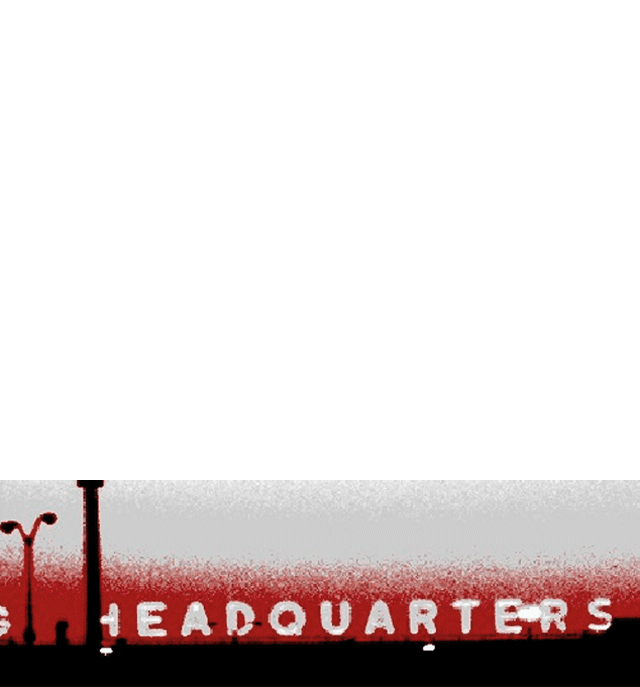

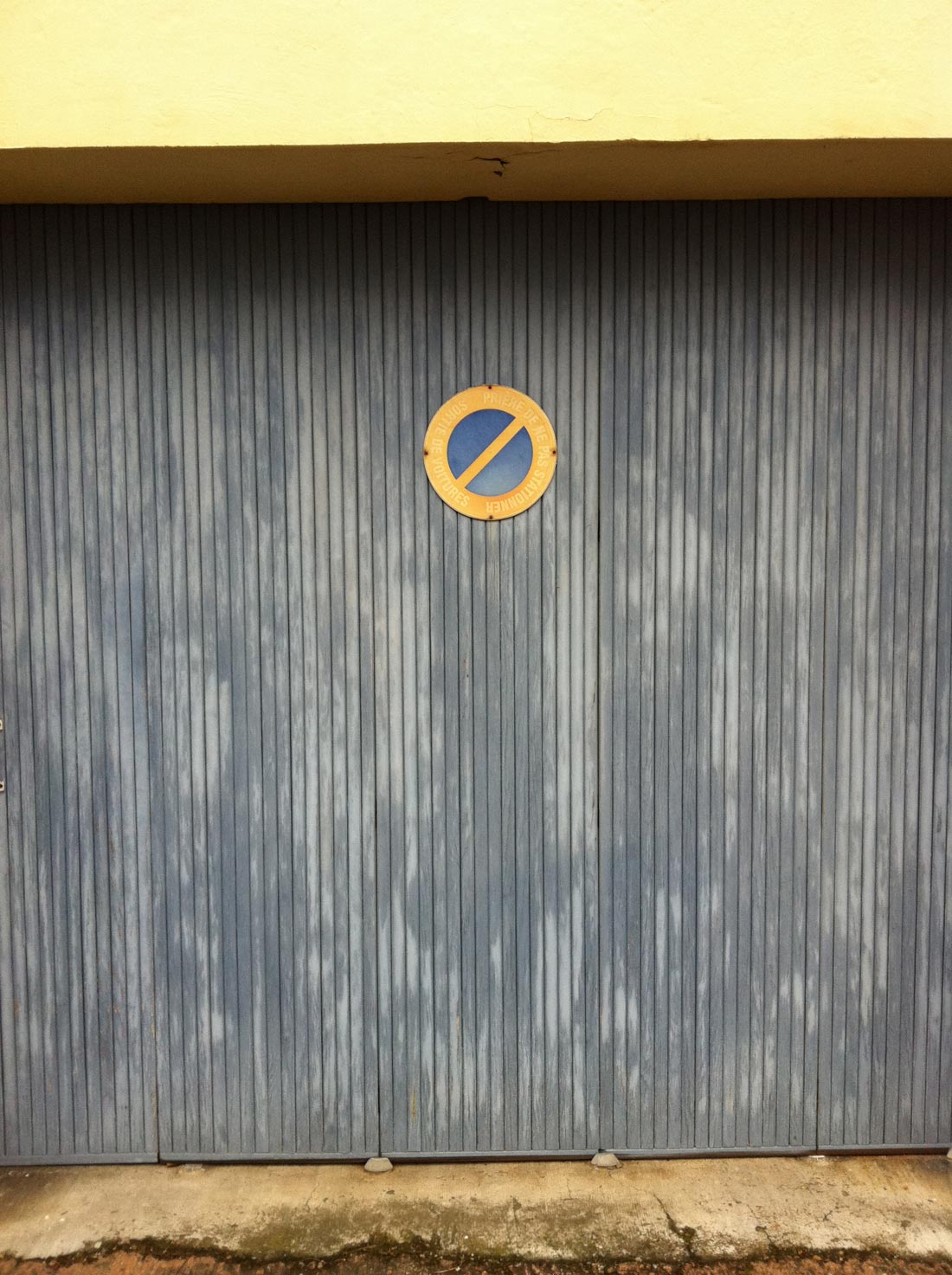
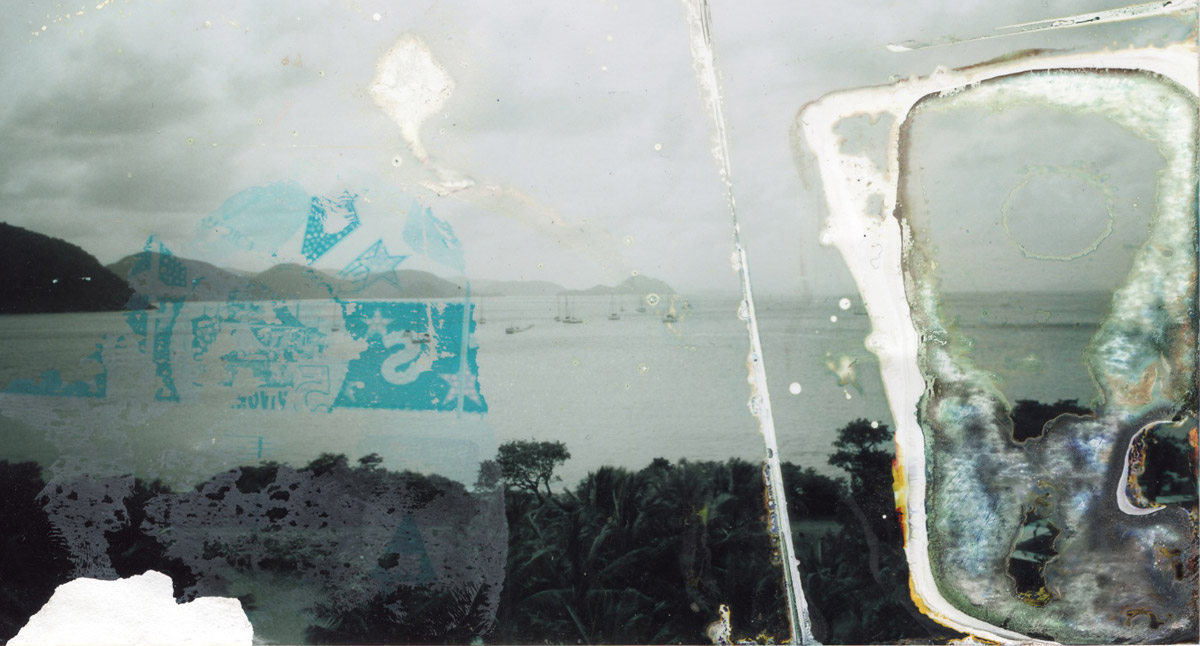
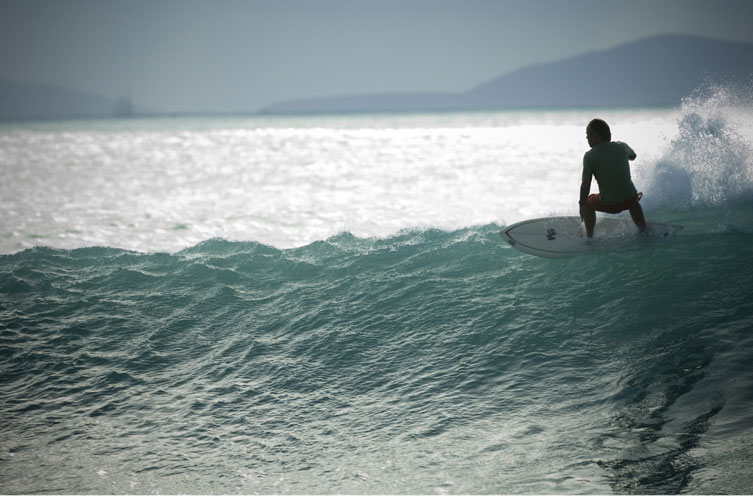
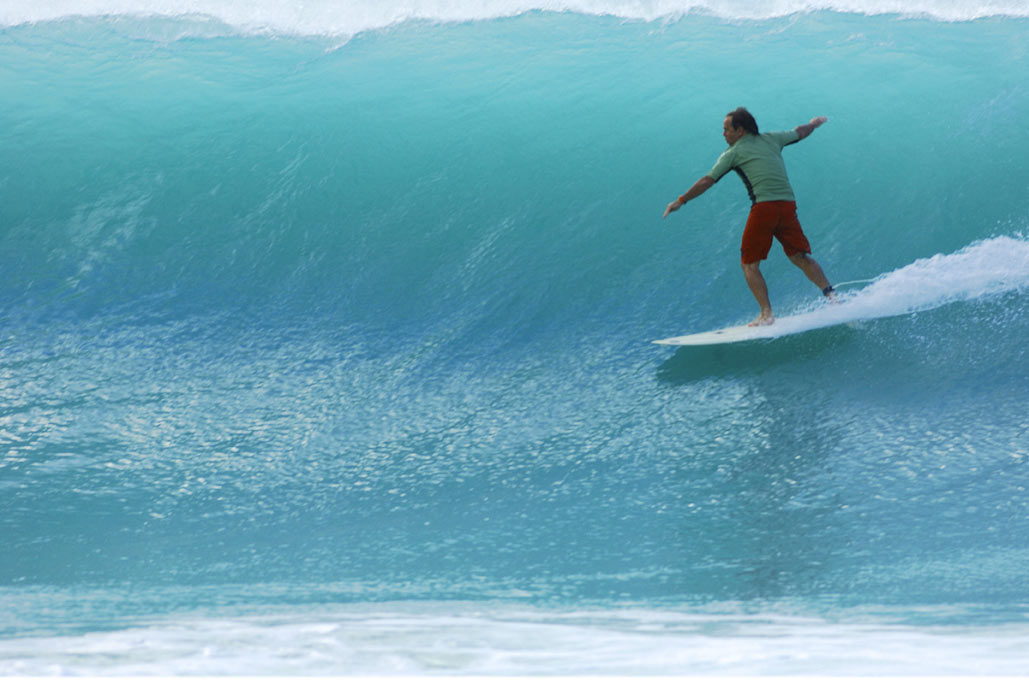
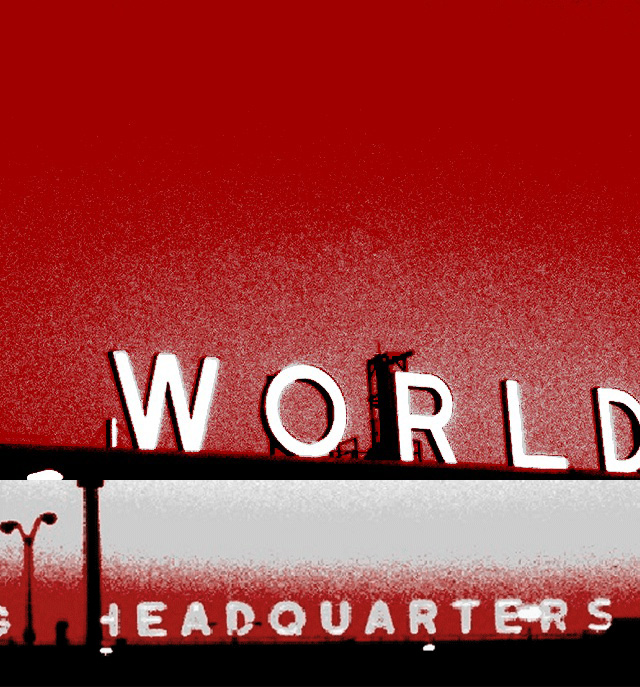






david designed two posters for the Helvetica movie.
he used the font FRANKLIN GOTHIC.
(very few people got the joke.) (helveticafilm.com)
order info,
http://www.helveticafilm.com/shop.html
To: dcarson@earthlink.net
Subject: Just thought I’d let you know.
Hi David. I just wanted to thank you for being so passionate.
I am a 21 year old student, studying visual communications and illustration in Halifax, Nova Scotia, Canada. I first heard about you when My studio professor had us watch the film Helvetica. I loved the film in general and particularly enjoyed the individual opinions and expressions of each designer/teacher/illustrator/researcher..etc who was in the film. You stood out the most however, with your passion for typography. We all loved your examples on the wall of words written in Helvetica, and how much the typeface did not express their meaning. Your concepts are truly unique, and are those things that I am always thinking about, but don’t quite know how to express them.
I took on a summer practicum this year, Choosing Typography as my subject to research. I am creating a handbook for students filled with useful information and examples. More importantly, it is filled with passion, passion for typography, and design that I am happy to say I feel, thanks to people like you.
Have a great day.
Sincerly
Lara
jan.11 07
Dear David,
since I was given TREK for Christmas 06 (about ten years after I got my hands on “THE END OF PRINT”) I feel its time to contribute my personal “David – you’ve done well” lines…
Until the age of 32 I worked as a tennis-teaching-pro and then 2 things changed my life:
First thing was I met a former friend who was at that that time busy building an advertising agency.
Second thing was I got my hands on TEOP.
Both chances made me change my profession to become a graphic designer. There were hard years to go but finally I made it. All these years – again and again – your work was an inspiration not to give up. Thanks for that.
All I can say today is: You David achieved a lot but the best thing of all these things is: your work touches peoples soul: DAVID YOU DID WELL INDEED .. ;-)
I hope that when I will retire (what will never happen actually) you are still around giving us “TREK RELOADED 2030″.
Stay tuned – hope to see you sometime, somewhere.
Harry
Hello David-
Thought you might enjoy this.
http://www.deviantart.com/deviation/46215673/?qo=6&q=by%
3Ajason8000&qh=sort%3Atime+-in%3Ascraps
I made it the other day
and I just got TREK. I’m sure you
heard this before, but
t h a n k s
for changing the way I look
at the world.
J.A. Wallace
UCLA student
“Dominant Wave Theory, Photography by Andy Hughes”
published by Booth-Clibborn Editions,

Dominant Wave Theory
Photography by Andy Hughes
Reviewed by Stephen Brigdale
July 2006
This forward thinking photography book features over 150 photographs by the artist Andy Hughes made on different beach locations from California to Western Cornwall. The book explores and examines the relationship of beach waste as both an object of visual enquiry and as a reference to the global environmental crisis. “Dominant wave theory”, we are told, ” is loosley based on a scientific term used in the prediction and observation of wave models”. The book sets out to parallel this idea visually through the observation of the beach as a local site for the interplay of nature and consumer culture.
Through extraordinarily focused colour photographs of found waste objects, the reader is offered tangible stilled moments of reflection on the nature of these objects and left to ponder their place in the world now that their original purpose has been washed (eroded) away. This extensive archive of images forms the core of the project with the design and development of the book by David Carson working to heighten the visual scope and pace of the work. This is apparent in the scale, ordering and pairing of the images, creating thoughtful and revealing relationships throughout the book.
The photographs are complemented by a collection of essays by five eminent writers, who are here linked through the common thread of the project but coming from a wide range of perspectives. They discuss ideas connected with the beach from eco-activism through to cultural theory and marine biology; their contribution extends and puts into context ideas initiated within the photographs.
The essays open with a discussion by Dr Christopher Short, of the visual context of Hughes’s work as a contemporary art practice. The wider implications of these photographs, in terms of art history through formalism and the development of modernism in St Ives (Hughes is based in West Cornewall), are speculated upon together with tourism in this locale to draw anthropological perspectives. The political dimensions of environmental activism; the tackling of waste and changing our relationship to waste generation, are developed in writings by Chris Hines and environmental advocate Joshua Karliner. The latter in his essay, discusses ecological and industrial development and counters with alternative futures. In contrast, the existence of the beach as a physical and metaphorical site are explored and linked with histories and archaeologies in the essay “The Beach as Ruin”. Here Lena Lencek makes wide ranging connections that play histories into the present and focus Andy Hughes’s work in time: as both representative of the present while simultaneously prophetic of possible dread futures. No less prophetic is the discussion, by Dr Richard Thompson, of scientific marine data, gathered about the effects of plastic debris in the world’s oceans; the scale and persistence of which makes shocking reading.
The photographic work produced in this book creates references that allow a wide cross comparison between the images; this is carried through into the page design of the appendix which acts as both a catalogue of all the images and locations as well as an accumulating visual glossary of beach waste. The structure of this book is striking visually, defined by the everydayness of the objects and the uniqueness of their depiction.
The breadth of ambition of this book is wide and the issues that are addressed of contemporary significance. Visually it deals with these in a thought provoking and seductive way; the essays extending these images into far reaching debates, the whole work culminating in an important contribution to the ecological paradigm.
© Stephen Brigdale 2006
Subject: The End of Print
I can’t believe I’m actually typing this because who knows if you even check this particular email-but here it goes. My name is Meghan and I’m a graphic design student from Ohio. A few months ago an assignment in one of my classes was to redesign a publication the way that another designer would do it. So I searched the web and found a few of the classic designers, and even though their designs were stunning they didn’t really interest me. So I decided to look at some design books instead. When I finally saw your book I freaked out because I couldn’t figure out where the title was, which was the craziest and yet most wonderful thing in the world to me…that you could create a response like that with something such a small detail. For the first time I felt something click. Since then I’ve probably “read” every page of The End of Print at least 15 times now, and I find new things in it each time that I never noticed before. Reading your book has changed my style into something that I can’t explain, which is what I love about your designs. Before I saw your work type was secondary-and more like a chore. But now it’s like a weight has been lifted off my shoulders-and it doesn’t have to be anything, and I’m finally free. I don’t think it should even be called type anymore. You have been a such a huge inspiration to me, I’m curious as to what inspires you-or if your ideas just smack you right in the face. I would also love to come to a workshop of yours but I have no idea how to go about doing it-I do hope to one day meet you in person.
meghan
july 10, 2006